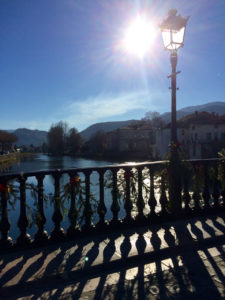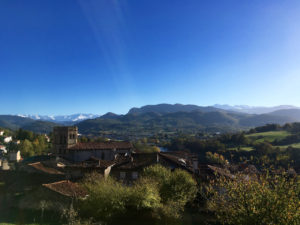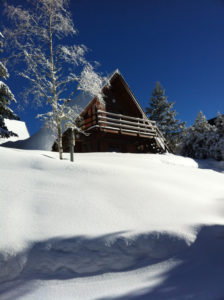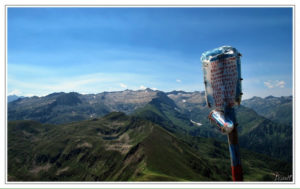This is my last post of the year about Brexit (thank goodness) but, much as I try to switch off to it, there is no doubt that it impacts hugely on our lives and on the future lives of my clients and potential clients. All of us feel that life is currently on hold while we are used as pawns in a game we never wanted to play.
Finally it looks as if the EU and the UK have come to some agreement regarding the rights of Britons living in the EU and EU citizens in the UK. Under this latest deal, EU citizens living in the UK and vice versa will have their rights to live, work and study protected. The deal must now be ratified in the EU and UK Parliaments.
The UK Prime Minister held a joint press conference with EU Commission president, Jean-Claude Juncker, in Brussels last week where she said that British citizens in the EU and EU citizens in Britain could ‘go on living their lives as before. The deal we have struck will guarantee the rights of more than three million EU citizens living in the UK, and over one million UK citizens in the EU.’
Provision has been made in the agreement for a process in which the UK and member states can ask expats to apply to obtain ‘a status conferring the rights of residence as provided for by the Withdrawal Agreement and be issued with a residence document attesting to the existence of that right.’
According to the agreement document, should France introduce a residency card scheme, Britons living here will have two years from the date of the UK’s withdrawal to start the application process without loss of any rights.
What has been lost in the negotiations and apparently will no longer be protected in the agreement is ‘onward free movement’; in other words, the right of British expats to retain full, free movement in the EU for life. So, for example, those of us living in France will no longer, at a later date, be able to go and live in Italy or Spain or other EU countries with the same rights as we will have in France. The other change appears to be the loss of our right as resident expats to vote in local elections; hence we will have no say at all in the country where we live and pay taxes.
In summary, some good news and some less good. What we need above all is some certainty to move forward in 2018 so here’s wishing you all a very Happy Christmas and a very European 2018.









You must be logged in to post a comment.